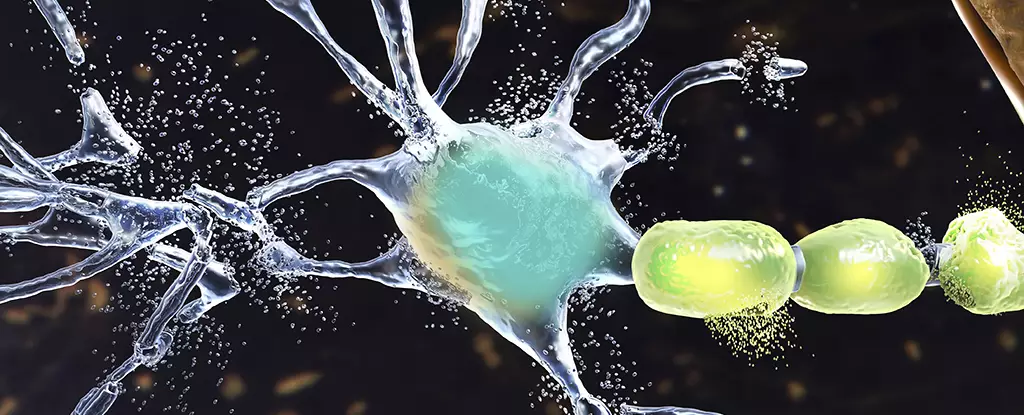Amyotrophic lateral sclerosis (ALS), commonly known as Lou Gehrig’s disease, is a devastating neurodegenerative disorder that affects the motor neurons in the body. The gradual loss of nerve cells controlling muscle movement leads to a rapid decline in physical function, ultimately resulting in death. Despite extensive research, the exact cause of ALS remains elusive, and effective treatments are still lacking.
The Discovery of a Key Link
A recent study conducted by researchers at the Spanish National Cancer Research Center (CNIO) has shed light on a potential breakthrough in the understanding of ALS. The study revealed a connection between the accumulation of ‘junk’ proteins, which are non-functional proteins, and cellular damage in ALS patients. This finding opens up new possibilities for further exploration and potentially identifying the root cause of the disease.
One of the key findings of the study was the correlation between stress in a cellular organelle called the nucleolus and the presence of specific amino acid-rich proteins in ALS patients. This stress-induced toxicity was linked to an impairment in the cell’s ability to produce essential proteins necessary for proper cellular function. As a result, non-functional proteins began to accumulate, causing further harm to the cells.
The discovery of this link between ‘junk’ proteins and ALS provides a potential avenue for developing targeted therapies to combat the disease. By understanding the mechanisms underlying the development of ALS at a cellular level, researchers may be able to develop interventions that can prevent or slow down the progression of the disease. Additionally, the study’s findings suggest that nucleolar stress may also play a role in accelerating biological aging, which could have broader implications for understanding age-related diseases.
While this study represents a significant step forward in the field of ALS research, it is important to recognize that we are still in the preliminary stages of understanding the complexities of the disease. Further research and clinical trials will be needed to validate these findings and develop effective treatments for ALS patients. However, the potential impact of this study on the future of ALS research is promising, and offers hope for improved outcomes for individuals affected by this devastating disease.


Leave a Reply